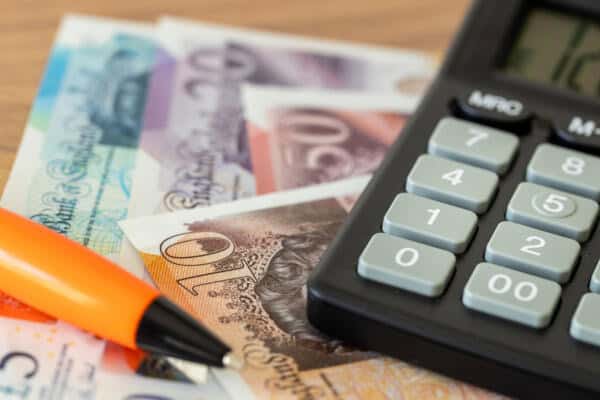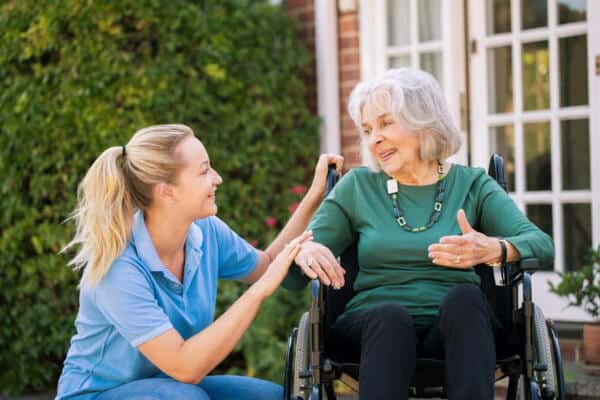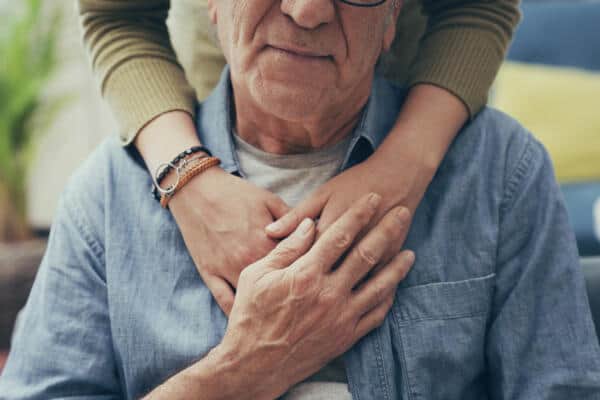Court of Protection
Every day, families find themselves needing to make important decisions for a loved one due to age, illness, accident, or loss of capacity. Issues like care home funding, challenging care decisions, or managing someone’s financial affairs can be complex, which is why expert guidance matters.
At Wilson Browne Solicitors, we specialise in Court of Protection applications, deputyship, and helping clients manage or oversee a loved one’s affairs with clear, straightforward advice.
Talk to the experts at Wilson Browne Solicitors, we are all the help you need, right when you need it.
-
Court Of Protection – An Overview
The Court of Protection protects people unable to make decisions for themselves, relating to property, finances or personal welfare. -
Court Of Protection – Deputyship and Attorneys
Care Home Fees, Deputyship and Court Of Protection. There are lots of reasons why you may be caring for someone – old age, illness, accident and other reasons. Our experts can guide and reassure you. -
Services We Offer To A Deputy
When someone lacks capacity and can no longer make decisions for themselves, the Court of Protection can appoint a deputy. -
Services We Offer To Attorneys
If you have been appointed as an Attorney for either property and financial affairs or health and welfare, there are specific duties you must comply with. -
Court of Protection v Power of Attorney: What’s the difference?
A Power of Attorney is made by a person when they have mental capacity. In contrast, a Court of Protection Order gives power to a person (a Deputy) to make decisions, relating to finances or care and treatment. -
Making A Will When Someone Has Lost Capacity
If a loved one lacks the capacity to manage their finances and affairs, then they may also lack the capacity to make a Will. To make a Will an individual must have testamentary capacity - how do you do that if they lack 'capacity'? -
How The Court Of Protection Appoints Deputies
Where an individual has not made an Enduring or Lasting Power of Attorney in the past, and has lost the capacity to manage their affairs, the Court of Protection are here to assist. -
Court of Protection Trustee Applications for Jointly Owned Property
Where an individual lacks the capacity to manage their own affairs, they may also lack the capacity to manage or sell their property, or act in their capacity as trustee. -

Care Fees – A Guide To Costs and Financial Considerations
Care Fees - A Guide To Costs and Financial Considerations. Who pays, when, and how? What if you give your property away... and more. -

Court of Protection – Frequently Asked Questions (FAQs)
Wikipedia describes the Court of Protection as having "jurisdiction over the property, financial affairs and personal welfare of people who lack mental capacity to make decisions for themselves". What are the important things people should know?








